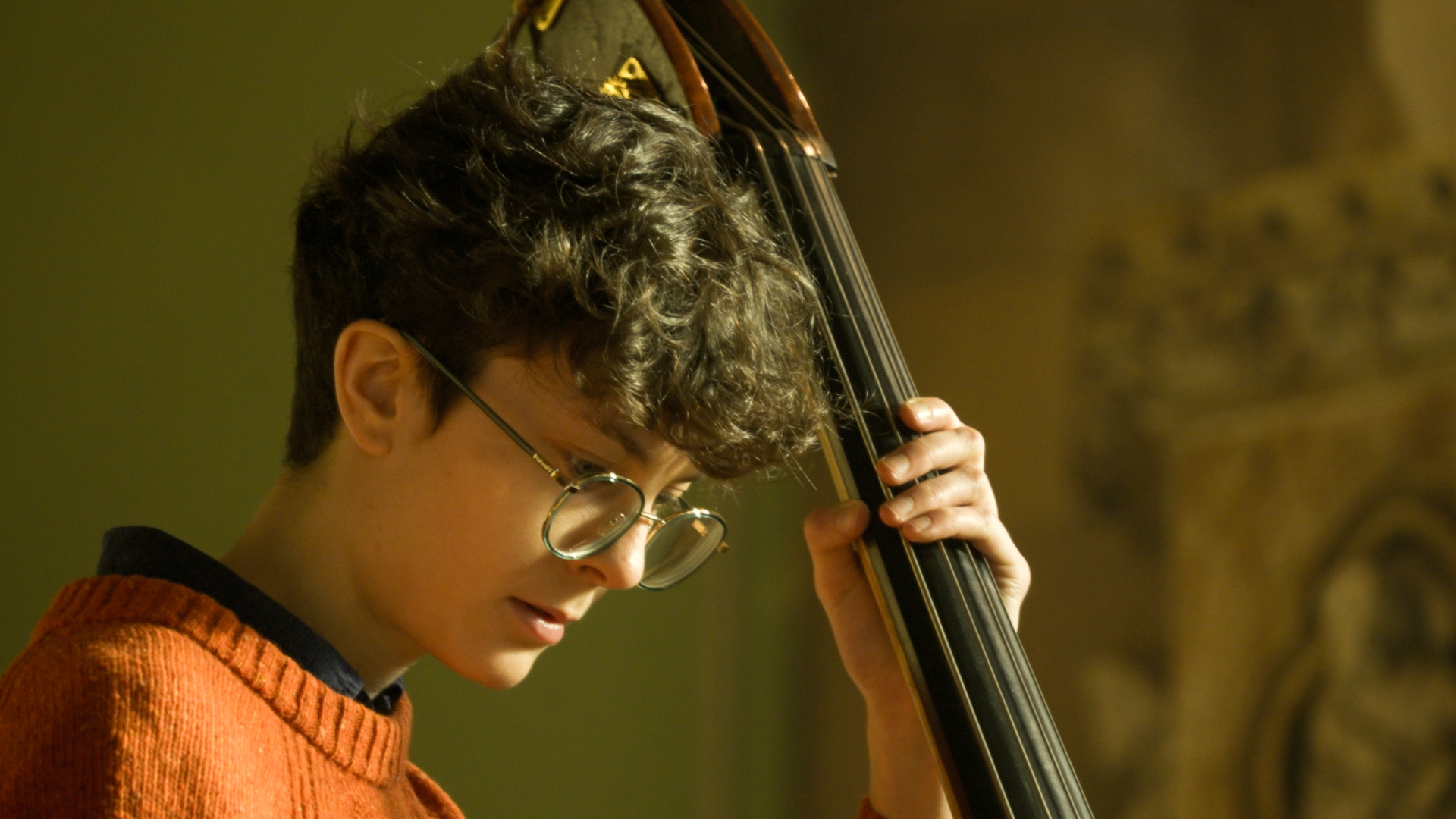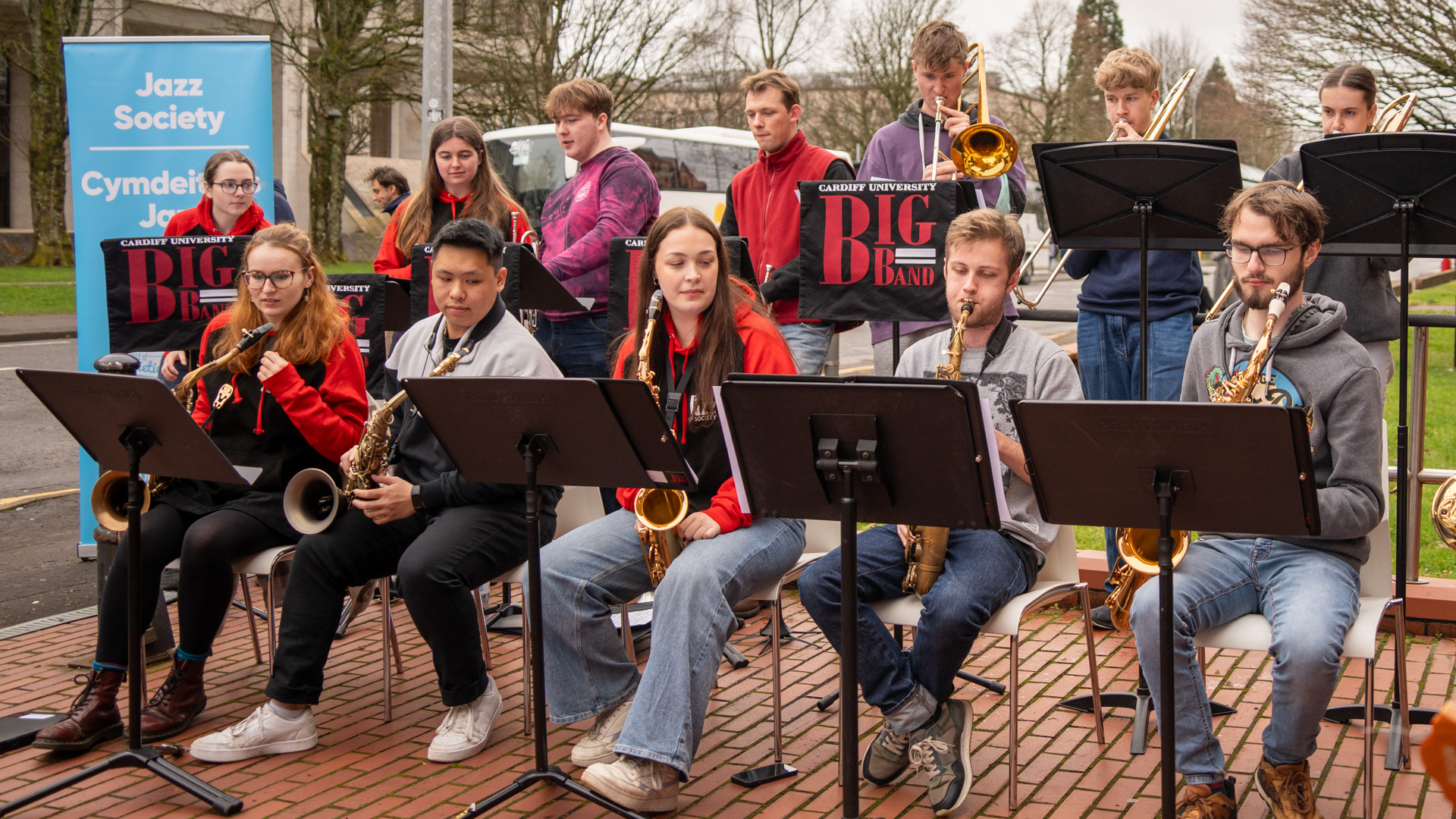‘It feels like a missile headed toward us,’ said one fourth-year
MUSIC students at Cardiff University are protesting against proposed plans to close the School of Music.
A public “protest busk” took place outside the department on Corbett Road as a petition to save the school gained more than 22,000 signatures.
“It feels like a missile headed toward us,” said Harry McInroy, a fourth-year music student. “We’re doing what we can to show how important music is.”

Ursula Harrison, who studied music and maths at the university and won the BBC Young Jazz Musician of the Year award in 2024, said: “To lose that space and that place where people grow would be very detrimental to the scene in Cardiff and in Wales as a whole.
“I think it’s become pretty clear that the School of Music has become a real breeding ground for musicians who are multi-faceted and interested in lots of different types of music.”
The department has produced notable alumni, including Grace Williams, widely regarded as Wales’ most prominent female composer, and Sir Karl Jenkins, one of the most performed living composers, best known for his composition The Armed Man.
Speaking to the BBC, Sir Karl described the closure of Cardiff University’s School of Music as “devastating”.
Vice-Chancellor Professor Wendy Larner defended the plans, blaming financial pressures due to declining international student applications and rising costs.
“We know here at Cardiff University that it is no longer an option for us to continue as we are,” she said.
Read more:
- Nursing lecturers protest their jobs being put at risk as part of Cardiff University proposals to axe courses
- ‘It’s not life, it’s survival’: Pensioners turn up the heat at Senedd over winter fuel cuts
- ‘There’s something about Grangetown’: Its colourful story celebrated by the people who live there
A Cardiff University spokesperson said: “In the short term, there will be no immediate impact on music students nor their ability to complete their studies. We will also accept students onto the Music degree programmes in 2025.”
The proposals involve reducing 400 full-time academic positions — 7% of the workforce — and ceasing programmes in music, ancient history, modern languages, nursing, and religion. Final decisions are expected by June 2025.



